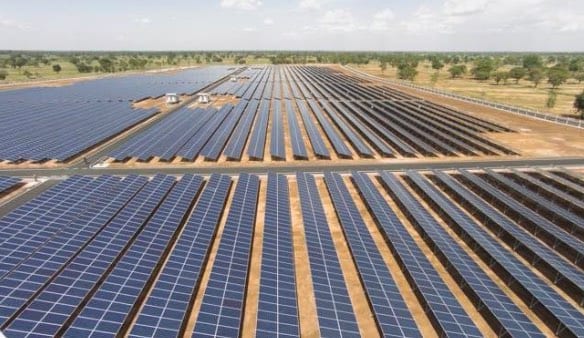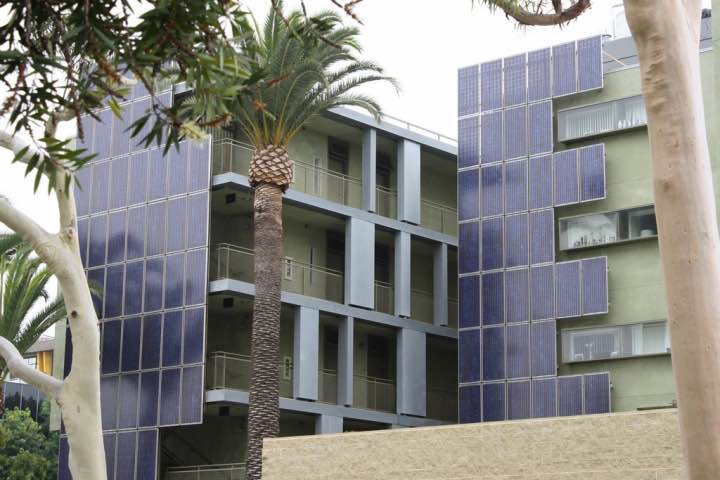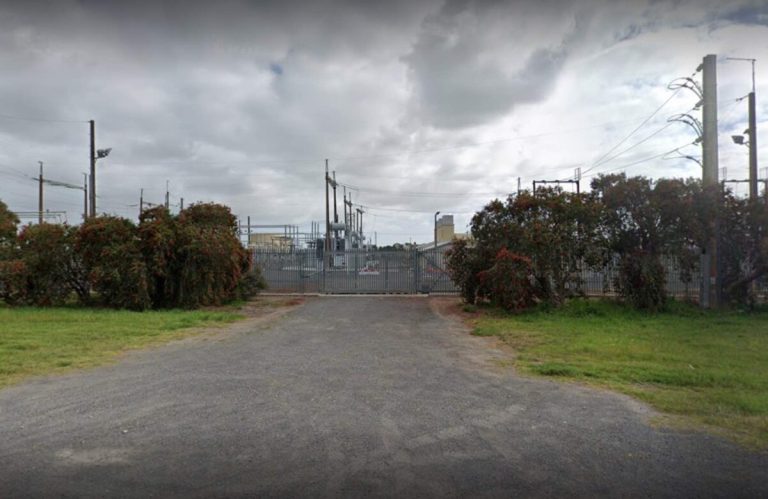ACCC Monitors Virtual Power Plants for Fair Competition
The Australian Competition and Consumer Commission (ACCC) is closely monitoring virtual power plants (VPPs) to ensure that the federal battery rebate does not lead to consumers being trapped in unfair aggregation contracts.
One of the primary concerns is that households might find themselves tied to VPPs due to physical infrastructure limitations. This issue is reminiscent of the ACCC’s ongoing battle regarding payment systems on mobile devices.
Concerns Over Market Competition
ACCC chair Gina Cass-Gottlieb expressed her worries during a discussion at the Carbon Market Institute conference, highlighting the potential for electricity distributors to monopolise VPP offerings within their service areas. She stated, “We would be concerned to hear that everyone in [an electricity] distributor’s area would only be able to be offered a VPP from that distributor, effectively bundling the distribution service with that service.”
She drew parallels to the ACCC’s frustrations with contactless payment systems on smartphones, where users are restricted to using the proprietary wallets of Apple and Google.
Potential Regulatory Changes
To address these concerns, Cass-Gottlieb suggested that Australia might need to adopt regulations similar to the European Union’s 2022 Digital Markets Act, which mandates that tech giants like Apple and Google provide fair access to smartphone functionalities for app developers. This legislation ensures that payments can be processed through various bank wallets, not just those of the phone manufacturers.
Additional obligations under this act include preventing companies from favouring their own products over competitors and ensuring that technology upgrades are accessible to consumers regardless of their VPP bundle.
Positive Developments in VPP Competition
On a brighter note, Cass-Gottlieb acknowledged that the VPP market is currently more competitive than the electricity distribution sector, which helps alleviate some of the ACCC’s concerns. As of July, SolarQuotes reported 14 VPP operators across Australia, offering a variety of terms. For instance, Tesla’s partnership with Energy Locals is limited to Tesla batteries, while Amber provides access to wholesale energy market pricing and individual control. Engie, on the other hand, requires households to use its services as a retailer but compensates participants for their involvement.
Transparency in Pricing and Terms
Another significant issue for the ACCC is ensuring transparency regarding pricing and terms associated with bundled services. VPP solar-battery bundles are already available to Australian households, with Reposit actively offering such services and a recent collaboration between Alinta Energy and the National Renewable Network announced last week.
Cass-Gottlieb emphasised the importance of consumers understanding what they are purchasing, stating, “They may very well offer a bundle and a bundled price. What we want to see is that there can be a competing offer.” She hopes to see genuine competition that not only focuses on price but also on other terms and services.
The Risks of Inaction
If the ACCC fails to monitor unfair terms within VPP agreements, there is a risk that Australians with home energy resources may become disillusioned and abandon the concept altogether. This could hinder the transition to an energy grid powered by 80 per cent renewables, as highlighted by the energy market operator.
VPPs are already facing a trust deficit, as reported by One Step Off The Grid, with many schemes appearing to favour operators over consumers, leaving a negative impression among Australians.






